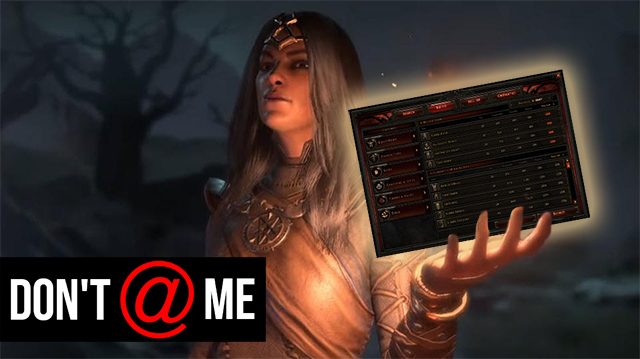Microtransactions can be the bane of a good game, but some people have more money than free time, which is why there should be a Diablo 4 Real Money Auction House. While we don’t know much in the way of details about Diablo 4, the RMAH is something that’s due a comeback — but only if Blizzard Entertainment can avoid the pitfalls of the…

Atlas is an action-rpg with rogue-like elements where you use your ability to control the ground to fight the enemies and move through procedurally generated worlds.










